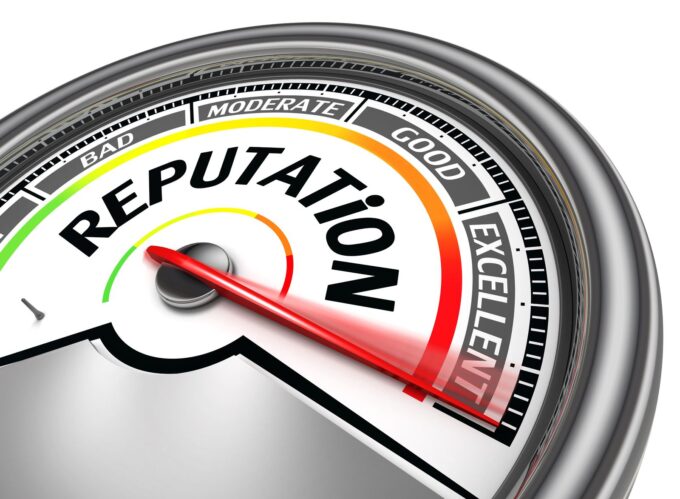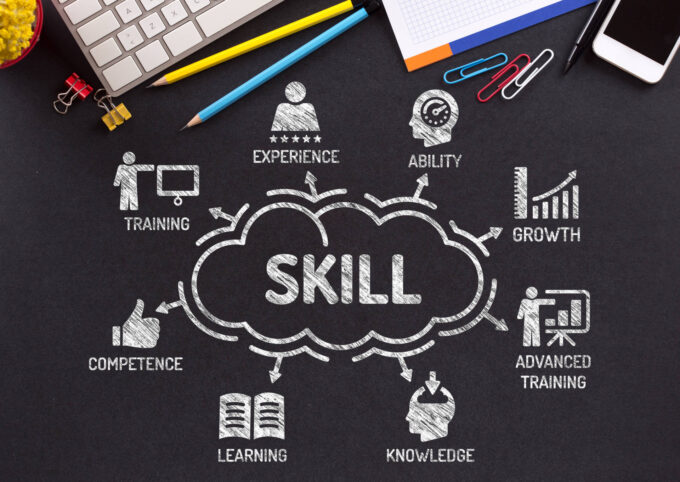In-home product testing has gained popularity in recent years as a way for consumers to earn money and receive free products. It offers individuals the opportunity to try out new things before they hit the market and provide valuable feedback to companies. While many people are drawn to the idea of getting paid to test products from the comfort of their own homes, it’s essential to understand the financial aspects involved and set realistic expectations.
The Role of a Product Tester: Responsibilities and Expectations
As a product tester, your primary responsibility is to thoroughly evaluate the products assigned to you through concept testing. This includes testing their functionality, durability, usability, and overall performance. Testers are expected to provide detailed feedback, identifying any issues or improvements that could enhance the product’s quality or user experience. It’s important to approach the job with professionalism and take your role seriously to maintain credibility and build relationships with companies. By conducting thorough contact testing and providing valuable insights, you contribute to the improvement of products and establish yourself as a reliable and trusted tester in the industry.
Exploring the Financial Benefits
While merchandise testing can be an enjoyable and rewarding experience, it’s important to acknowledge that the financial benefits can vary. Some opportunities offer monetary compensation, while others provide free items as a form of payment. In some cases, you may receive both. It’s crucial to research and understand the compensation structure of each opportunity before committing your time and effort.
How to Get Started
Getting started as a product tester requires some initial steps. Begin by searching for legitimate platforms or companies that offer these opportunities. Join reputable websites or online communities dedicated to product testing and sign up for their programs. Be cautious of any suspicious platforms that may be scams or require upfront fees. Legitimate opportunities should never ask for payment to participate.
Understanding Compensation Structures
Compensation for product testing can take various forms. Some companies offer monetary compensation, either in the form of a flat fee or a per-hour rate for your testing time. Others provide gift cards, coupons, or free products as payment. The compensation structure may depend on factors such as the complexity of the item being tested, the duration of the testing period, and the company’s budget. It’s essential to read and understand the terms and conditions of each merchandise testing opportunity to know what compensation to expect.
Factors Influencing Earnings

Several factors can influence your earnings as a product tester. The frequency of testing opportunities you receive, the compensation structure of each program, and the demand for testers in your chosen category are all factors that play a role. Additionally, building a reputation as a reliable and thorough tester can lead to more opportunities and potentially higher compensation.
Managing Expenses and Taxes
This may include shipping costs for returning merchandise, purchasing additional supplies for testing, or expenses related to providing detailed feedback. It’s crucial to keep track of these expenses to accurately assess the net financial gain from this job. Moreover, it’s advisable to consult with a tax professional to ensure a proper understanding of the tax implications of your earnings. They can guide you on whether certain expenses are deductible and provide valuable insights into maximizing your tax benefits as a product tester.
Tips for Maximizing Your Earnings

If you want to maximize your earnings as a merchandise tester, consider the following tips:
- Sign up for multiple testing platforms to increase your chances of receiving testing opportunities.
- Be proactive in providing detailed and timely feedback, as it may lead to more opportunities.
- Stay up-to-date with the latest trends and industry developments to position yourself as an informed tester.
- Build a strong online presence by sharing your testing experiences and feedback on social media platforms and relevant online communities.
- Network with other testers and industry professionals to gain insights and potential connections.
- Continuously improve your testing skills by seeking feedback from companies and fellow testers.
Balancing Product Testing with Other Income Sources
While product testing can provide additional income, it’s important to recognize that it may not be a consistent or primary source of revenue. Balancing product testing with other income sources is crucial for financial stability. Consider it as a part-time opportunity and explore other avenues for earning income. Diversifying your sources of revenue can help mitigate any fluctuations in testing opportunities.
The Importance of Building a Reputation

As a tester, your reputation serves as a reflection of your professionalism, reliability, and credibility. Companies often value testers who consistently provide detailed and valuable feedback, as they become trusted sources for product evaluation. A positive reputation can lead to more testing opportunities, higher compensation, and even collaborations with well-known brands. By consistently demonstrating your expertise, attention to detail, and commitment to the testing process, you can establish yourself as a reputable product tester and enhance your prospects in the industry.
Continuous Learning and Skill Development

As technology and consumer preferences evolve, staying updated with the latest industry trends and advancements is crucial. Engage in ongoing learning by attending workshops, webinars, or industry conferences related to merchandise testing. Expand your knowledge by researching new testing methodologies, emerging items, and market trends.
Additionally, honing your communication skills, data analysis abilities, and attention to detail can greatly enhance your effectiveness as a tester. Embrace a growth mindset, seek feedback from companies and fellow testers, and actively seek opportunities to develop new skills. By continuously learning and improving, you can elevate your expertise and excel in the field of testing.
Conclusion
Product testing can be a great way to earn some extra money, but it can also require quite a bit of research and time. There are many websites out there offering opportunities for product testers, so take your time to find the right fit for you. Remember that in-home product testing requires patience and dedication, as well as an understanding of financial responsibilities. You may not get rich quick from becoming a product tester, but with the right attitude and strategy it can be an interesting experience that pays off both financially and personally.










